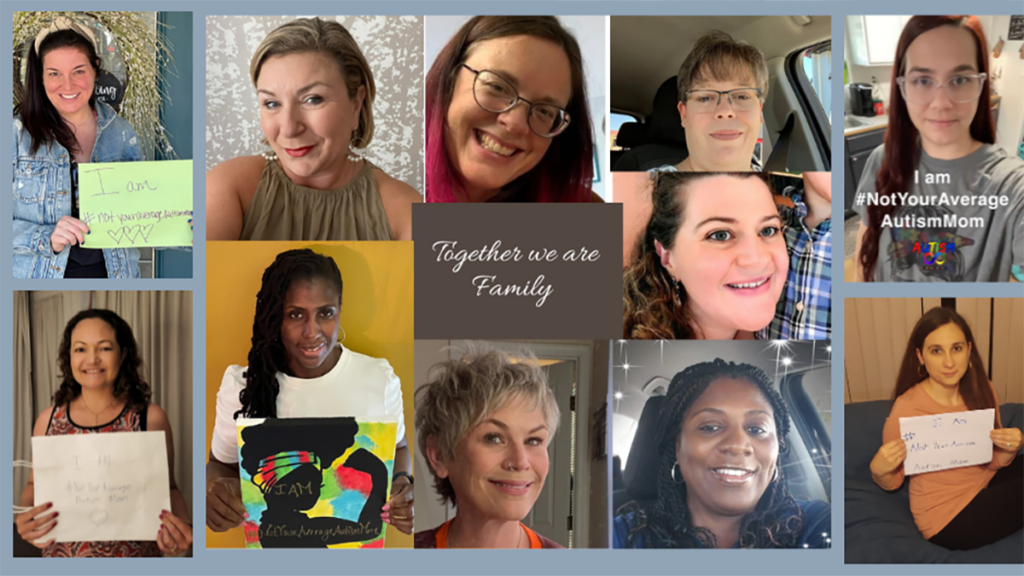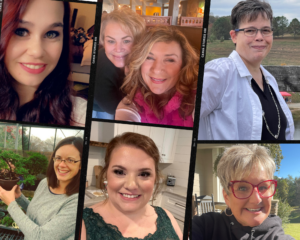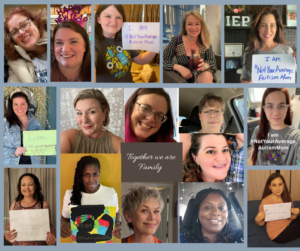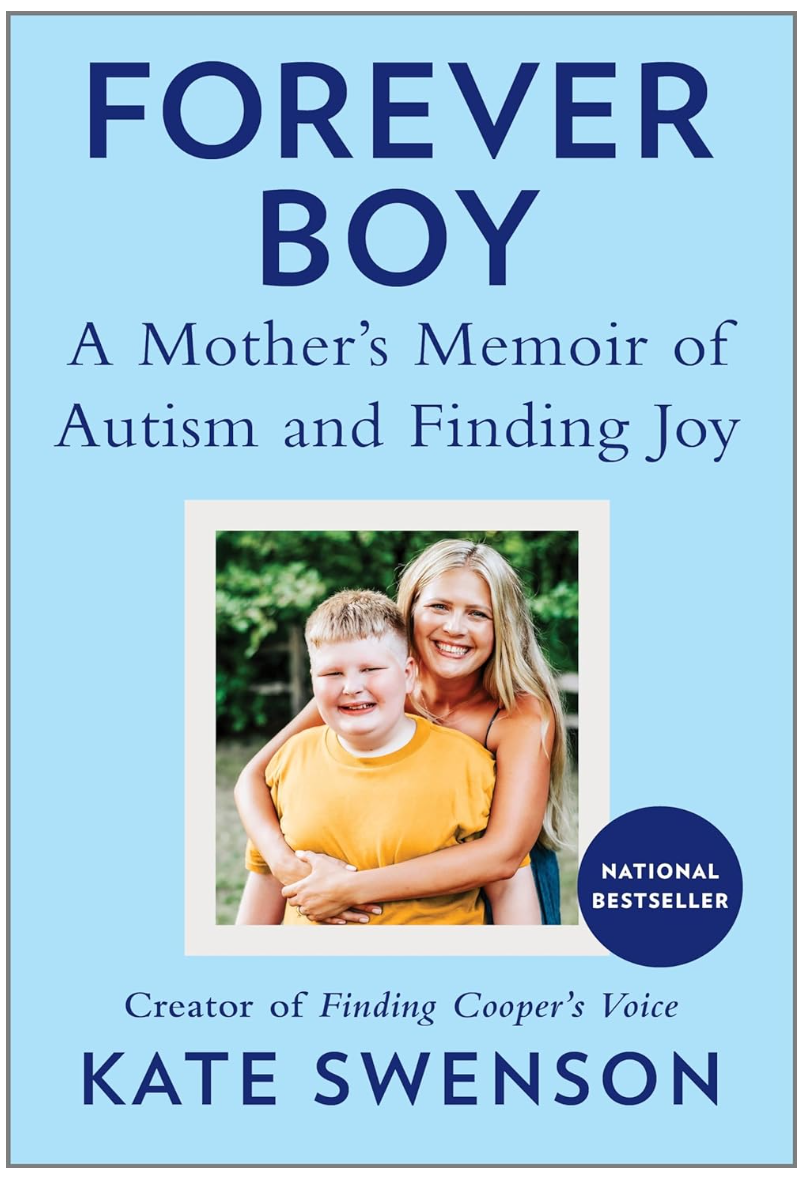Autism Stereotypes: Insights from a Parent’s Perspective

As parents raising children on the autism spectrum, we’re no strangers to the stereotypes and misconceptions that surround autism.
Unfortunately, these stereotypes often support the stigmas and misunderstandings, and even get in the way of our children’s access to the support and opportunities they need and deserve.
Today I want to share some of the most common misconceptions about autism and discuss how we can challenge these stereotypes to encourage greater acceptance and understanding.

One of the most common misconceptions is the belief that all individuals with autism are the same. Think Rain Man, right?
The truth is that while we are walking similar paths, our children have a wide range of abilities, challenges, and characteristics.
When we as parents and caregivers recognize and celebrate this diversity, we can challenge the one-size-fits-all stereotypes that often surround autism.
Your voice matters.
Communication goes beyond spoken words. Many individuals with autism are non-speaking but they communicate in various ways, extending beyond using spoken words.
Sensory challenges are valid and while they are a hallmark of autism, they differ greatly from person to person. Not all autistic individuals dislike loud noises, some of our children love them. Not all autistic individuals will only eat “beige” foods, some eat a variety of foods and love them. Not all autistic individuals love math, some of our children couldn’t get a traditional High School diploma only because they couldn’t pass higher-level math courses.

Autism moms are not saints.
We have all heard how we were chosen, how you don’t know how we do it, how you could never do what we do, or how we are so strong.
Trust me, that’s a myth. We aren’t saints and we often admit that we feel like we are failing more than we are succeeding but what we have done is that we’ve figured out along the way, each in our own time that this is our life, and resisting it isn’t the answer.
Autistic individuals lack empathy. Contrary to popular belief, autistic individuals do experience and express empathy. This myth comes from our observations of their way of processing and showing empathy because it often looks very different from what the neurotypical society we live in expects.
What if instead of assuming a lack of empathy, we find a way to appreciate the unique ways in which they show care and understanding and we allow that to be ok? It might not look like we think it should, but who are we to judge?
Autism is a Childhood Disorder. Autism is not something children “grow out of”.
Autism is a lifelong condition that continues into adulthood. While their challenges and support needs change and evolve over time, autism is part of who they are throughout their life.

Autistic Individuals Are Intellectually Disabled. Autism is often wrongly associated with intellectual disability. While some individuals diagnosed with autism may have co-occurring intellectual disabilities, many others have average or above-average intelligence.
Always presume competence.
Please don’t talk slower or louder and please don’t assume they can’t or wouldn’t, instead, just ask.
Autistic students cannot be in mainstream classrooms. So many families whose children are newly diagnosed are told that if their child qualifies for Special Education they would have to be in a self-contained classroom. That is NOT true.
In reality, with the right support, accommodations, and understanding, many autistic individuals excel in the mainstream classroom.
You hear me say it all the time, if your child is going to need additional services and support in school, learning and understanding Special Education is not optional, it’s necessary.
As parents, caregivers, providers, and advocates of individuals on the autism spectrum, we have an important role in promoting acceptance, understanding, and inclusion.
By sharing my story, and your story, and advocating for change, we can work towards a more inclusive society where our autistic children who become adults are valued and respected for who they are.
Written by Shannon Urquiola of Not Your Average Autism Mom

